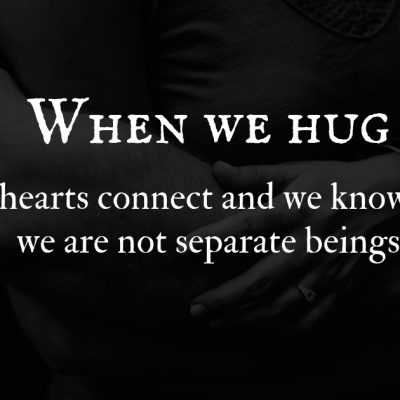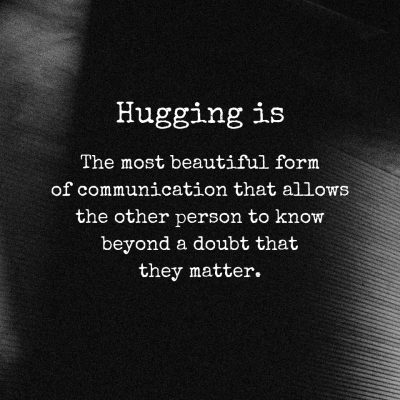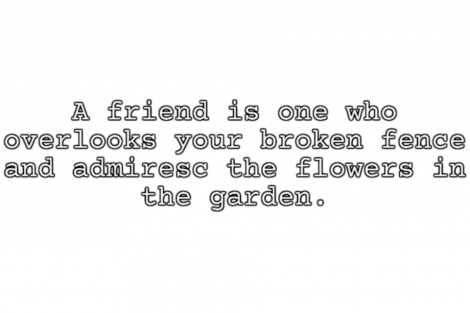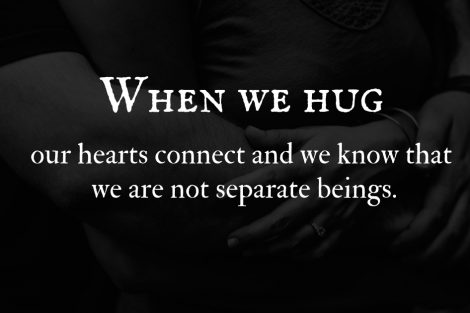There is a reason why most of our psychological problems stem from our childhood. The bond we develop with our parents when we’re young and fragile lays the groundwork for our mature relationships.
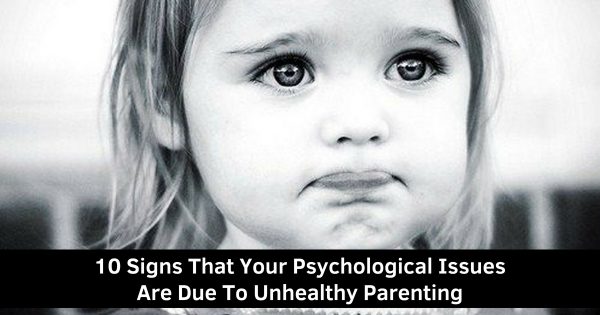 Although no parent wishes to emotionally scar their children, sadly this happens. There are many factors involved when it comes to poor parenting, but one major reason for this is a lack of emotional awareness. When parents don’t have a balanced and healthy emotional inner life, chances are they will pass the issues on to their kids.
Although no parent wishes to emotionally scar their children, sadly this happens. There are many factors involved when it comes to poor parenting, but one major reason for this is a lack of emotional awareness. When parents don’t have a balanced and healthy emotional inner life, chances are they will pass the issues on to their kids.
Whether they made you feel guilty, or praised you too much or were very distant, they gave rise to certain problems that demand resolution. Here are 10 signs that you may be the result of unhealthy upbringing:
1. Worrying too much
Being prone to worrying, overthinking and anxiety may run in the family. If you constantly witnessed your parents worrying, you may have picked up the habit since kids are emotional sponges. Also, if you have overprotective parents, then they may have made decisions for you. This led to excessive worry once you realized you’re on your own.
MORE: 10 Signs You Were Raised By Narcissistic Parents
2. Too much tension
You may have also absorbed the accumulated tension in your household. If you had parents that snapped at you out of the blue, it’s no wonder you are always tense as an adult. You subconsciously feel people would pick on you for no reason.
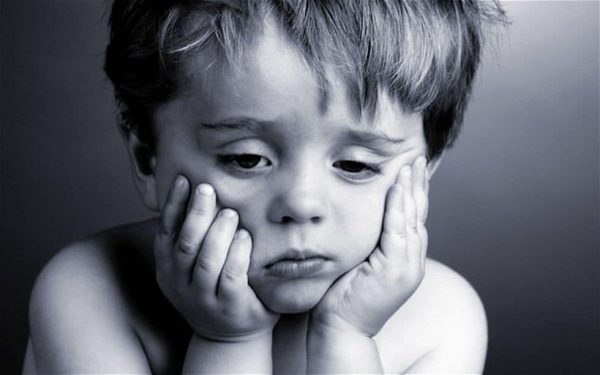 3. Low self-esteem
3. Low self-esteem
This is almost a trademark of unbalanced upbringing. This is the case when you had to deal with an authoritarian and hyper critical and judgmental parent. There are parents who scar their children by constantly making them feel they don’t measure up to a certain standard. So we end up feeling unworthy.
4. Codependency
A high sense of dependency is the result of an overprotective parent who taught their children to rely on them. So they become adults with attachment issues or who have difficulties in making decisions for themselves.
MORE: 5 Habits That Cause Low Self-Esteem And Depression
5. Harmful behaviors
Overly critical parents may drive their children, even if unwillingly, to the edge. This is particularly true for teenagers who are usually more susceptible to judgement. People with addiction problems or who exhibit extreme behavior may have dealt with authoritarian parents.
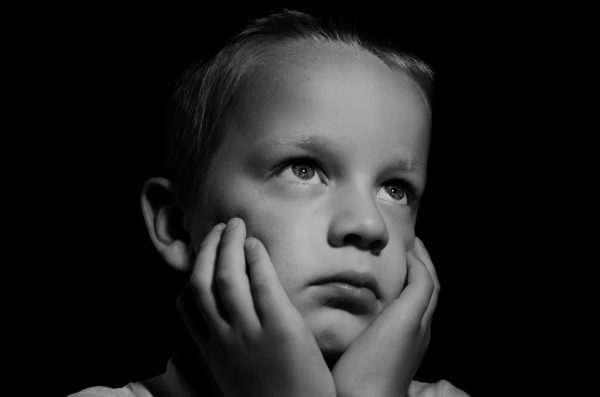 6. Trust issues
6. Trust issues
Did your parents tell you not to trust anyone when you were a kid? Or that people are dishonest in general? This may explain your reluctance when it comes to trusting people or making new friends.
7. Depression
Much as anxiety, depression could run in the family. However, it may also be the result of excessive blaming from your parents. If they made you feel guilty, ashamed, worthless or helpless for the most part of your childhood, it is likely that you develop depression later on.
MORE: 5 Practical Ways To Build Your Child’s Confidence
8. Emotional immaturity
If your parents were not emotionally ripe so to speak, then it was almost impossible to raise emotionally stable children. Needless to say, it becomes our responsibility as adults to educate ourselves and become responsible for our emotional universe.
9. Suppressed skills or initiative
If your parents stood in the way whenever you tried to take over something, then you may have learned to suppress some of your abilities and to fear taking control over things.
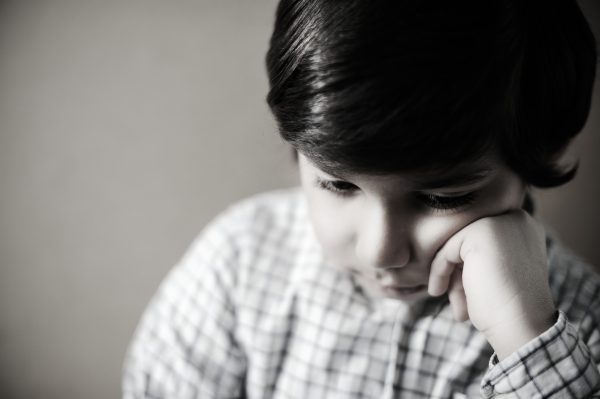 10. Narcissism
10. Narcissism
If you find yourself in constant need of praise or admiration, you may have developed narcissistic traits because of inappropriate parenting. Maybe they over-showered you with compliments when you were a kid, even when they were not true or necessary.
MORE: 5 Habits Of Emotionally Intelligent People – How Many Do You Have?
If you have some of these problems, don’t panic. Know that there are solutions to breaking the habits and dissolving harmful thought patterns that have dominated most of our adult lives.
Please share!



